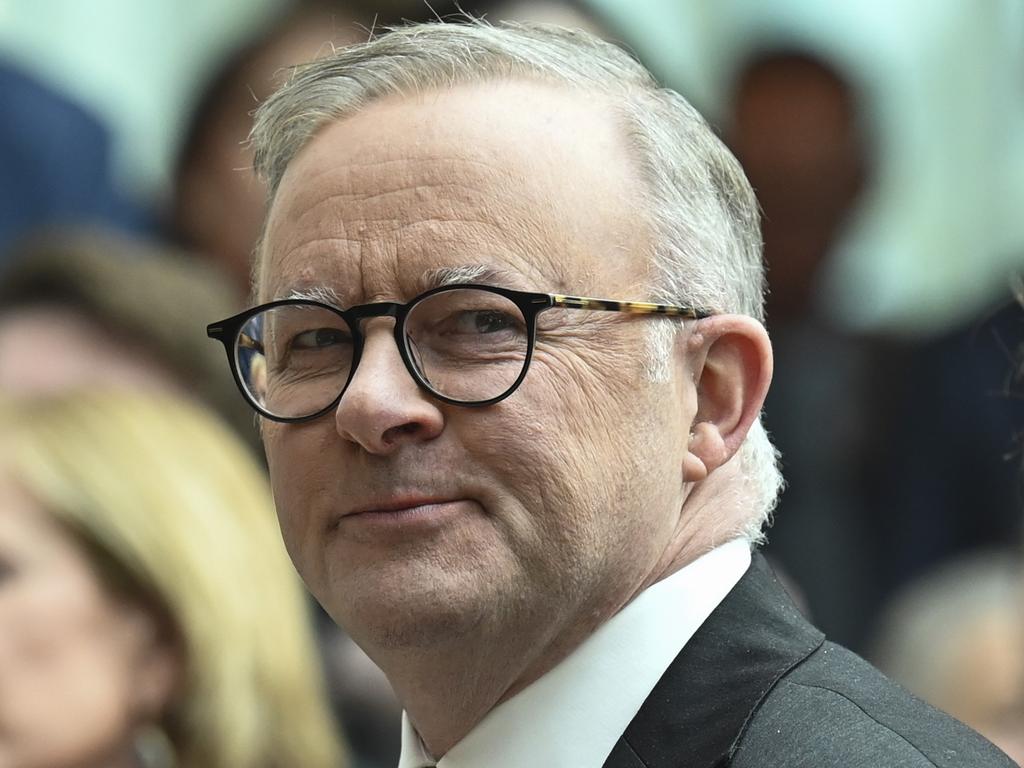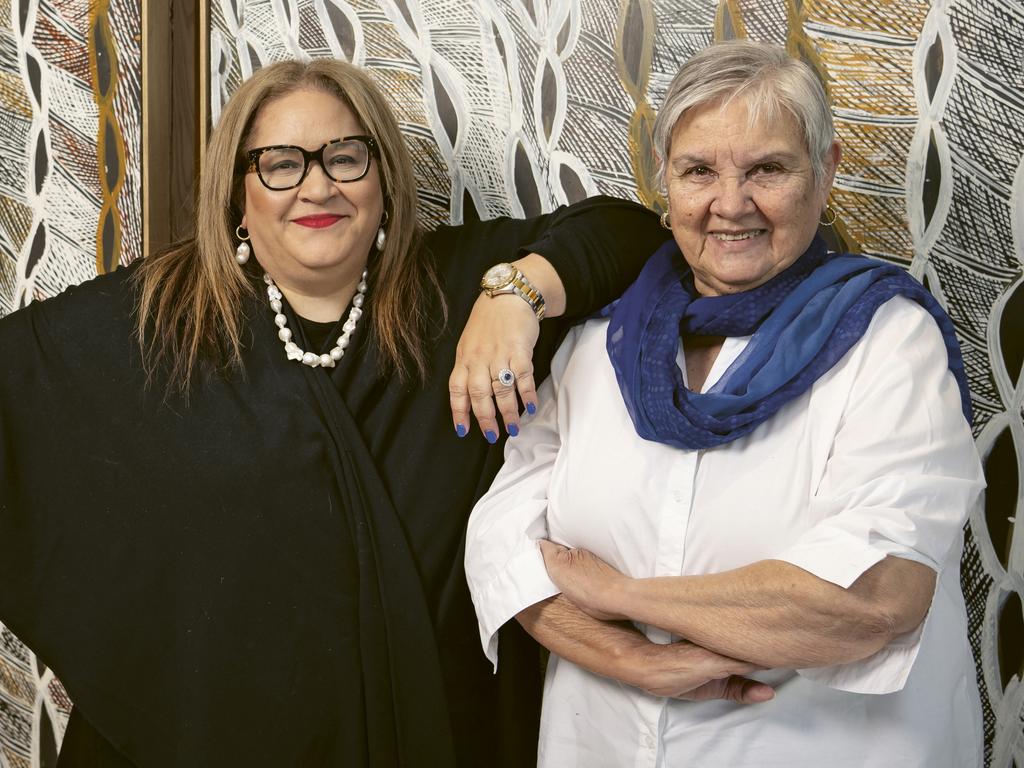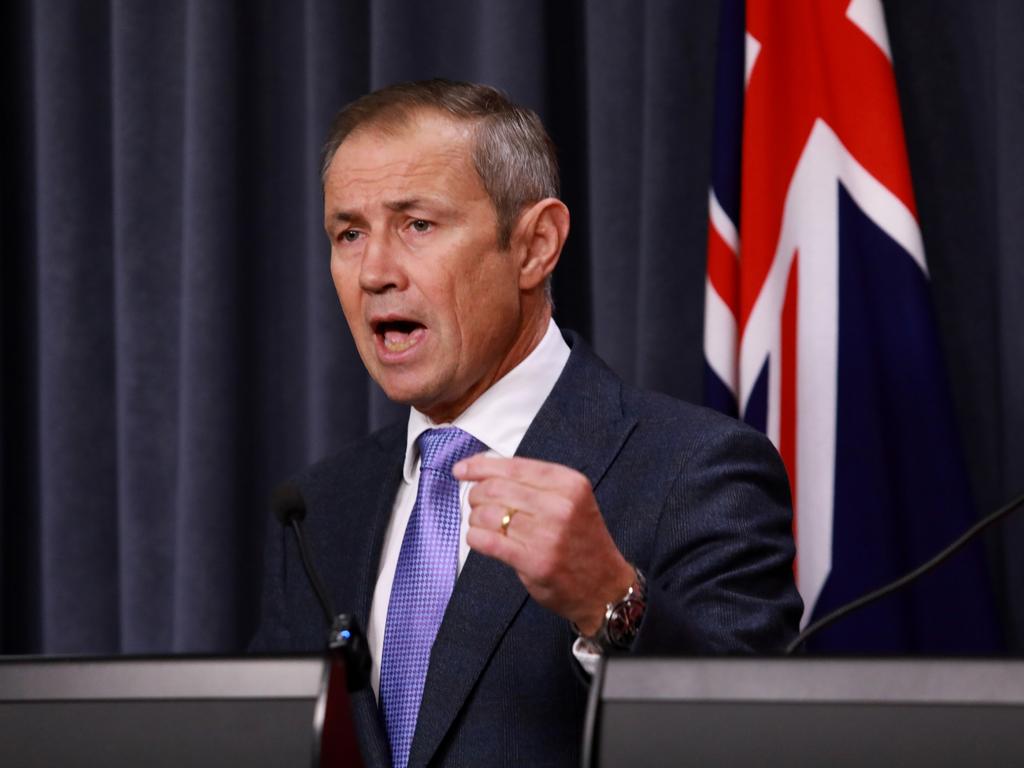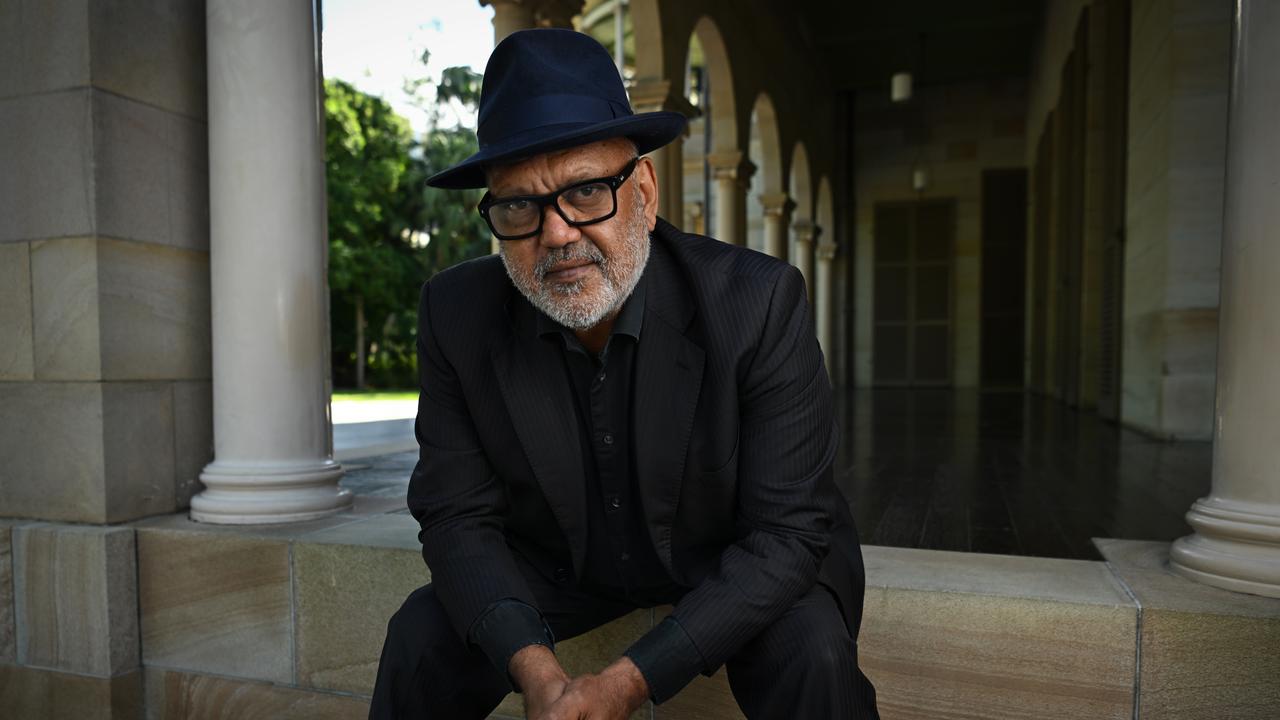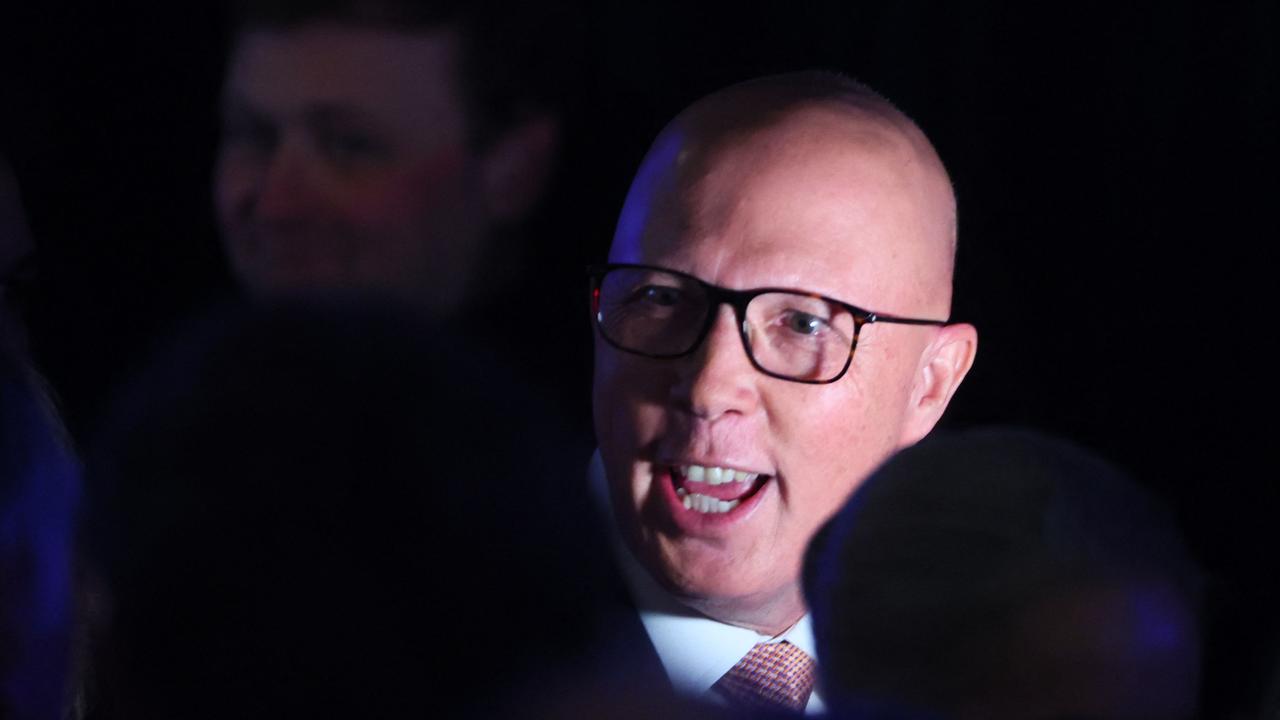The Kimberley Land Council: Indigenous voice to parliament ‘would spare us heritage debacle’
One of WA’s biggest Aboriginal land councils has declared a voice to parliament would stop a legislative disaster such as the state’s heritage law from happening again.
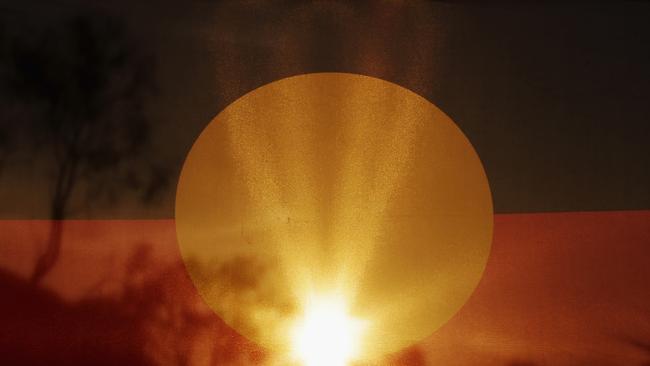
One of Western Australia’s biggest Aboriginal land councils says Indigenous Australians were “removed from the decision-making room” when it came to the state’s botched heritage laws and has declared a voice to parliament would stop such a legislative disaster from happening again.
The Kimberley Land Council of Australia – which covers about 423,000sq km with an estimated population of 35,000 people – accused the WA government of prioritising consultation with farming and industry representatives rather than Aboriginal groups, who had been warning the legislation was not fit for purpose since it passed in 2021.
“Our calls today echo what we consistently called for over the five years the legislation had been drafted and reviewed – the opportunity to sit in the same room and talk directly with industry, miners, farmers and pastoralists while developing the law,” KLA chief executive Tyronne Garstone said.
Premier Roger Cook on Tuesday confirmed his government was repealing the Aboriginal Cultural Heritage Act, following a backlash from farmers, lawyers and Indigenous bodies.
The announcement will see the state reverting to 1972 legislation, with some amendments.
Mr Garstone said the government “must not walk away from developing a new law” given the inadequacies in the 1972 act.
“Throughout the debacle of the past week the KLC was not once asked for our genuine feedback on the proposed amendments and whether they are suitable,” he said. “It saddens me that Aboriginal people have again been removed from the decision-making room about a subject matter and law that so inherently affects us.
“We need a commitment that there will be a new and improved law developed in collaboration with all major stakeholders. The Cook government must learn from the past and do better.”
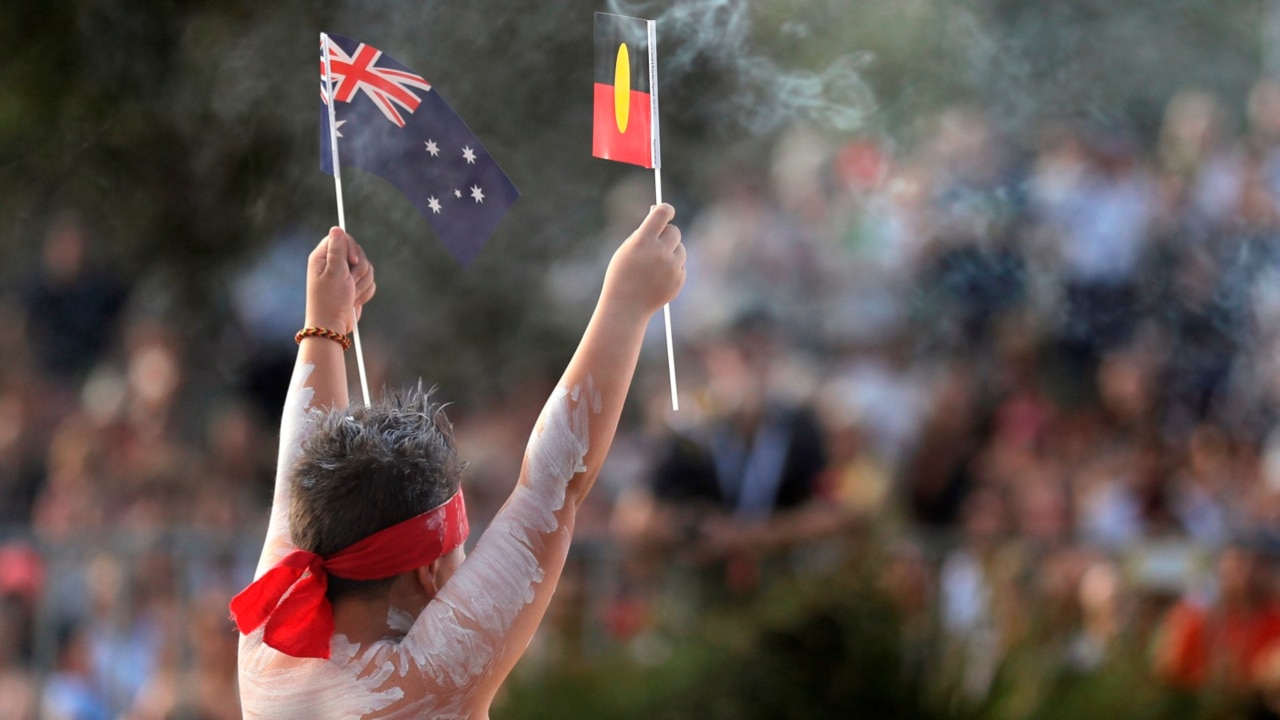
The comments follow a call from the Yamatji Marlpa Aboriginal Corporation for the WA government to halt developments that could impact sacred sites until laws that enforce appropriate protections were put in place.
Mr Garstone said the “true cost of ignoring Indigenous voices” had been revealed by the legislative failure of the WA government, arguing a voice to parliament would prevent a repeat.
“If Aboriginal people had been offered the opportunity to design these laws with government and all stakeholders, we would not have landed in this mess,” he said. “We would have been able to find a practical way forward alongside miners and farmers.
“A voice to parliament will mean we always have a way to communicate directly with government and policy makers to offer our advice and solutions to the challenges facing Aboriginal and Torres Strait Islander people.”
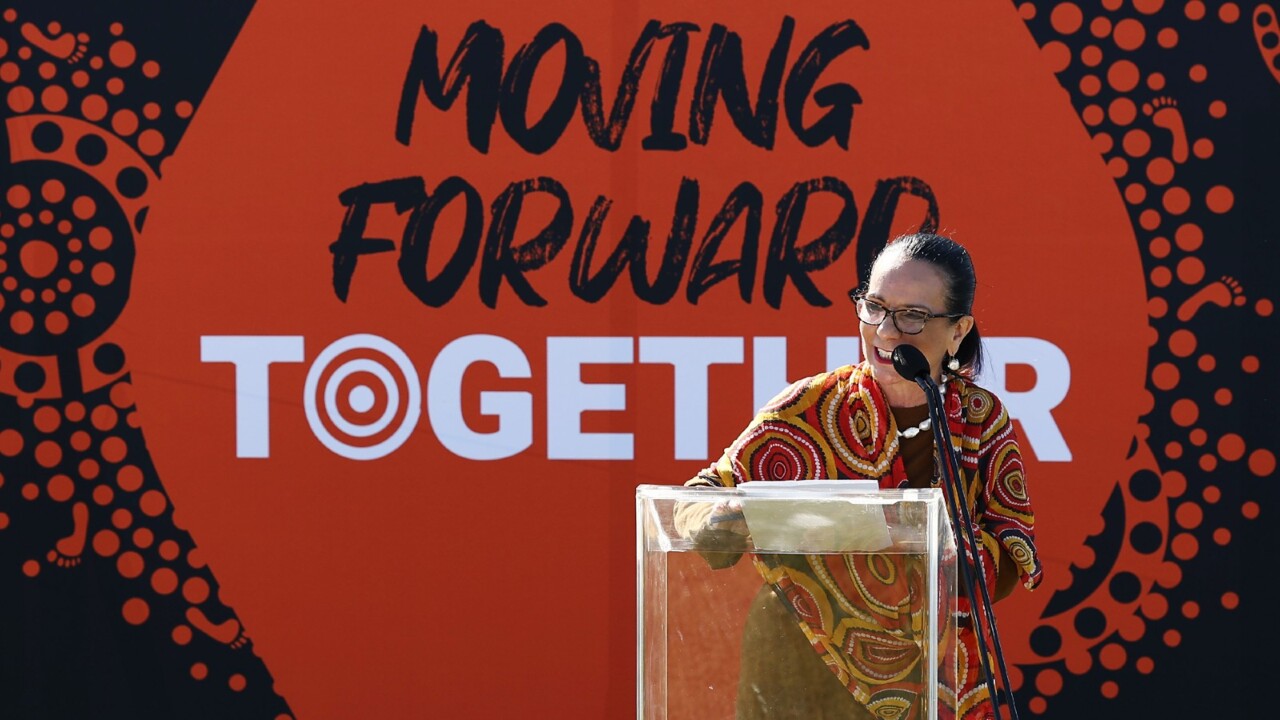
Voice co-architect Tom Calma disagreed that a voice would have an active role in cultural heritage and said the proposed body and the WA legislation had been wrongly conflated.
“The national voice would not be considering that unless they were invited to by the West Australian government,” he said. “The national voice is going to be primarily focused on commonwealth legislation and the commonwealth parliament,” he said.
The WA government’s scrapping of the heritage laws was welcomed by Yes campaigners, who said the move ensured the referendum could now be the focus for people in the state and across the country.
While support for a voice to parliament has fallen in almost all major polls, Anthony Albanese and the Yes advocates remain confident the referendum – likely to be held in mid-October – will be successful.


